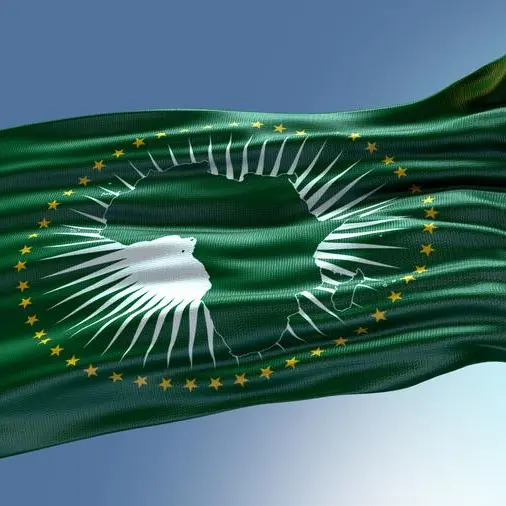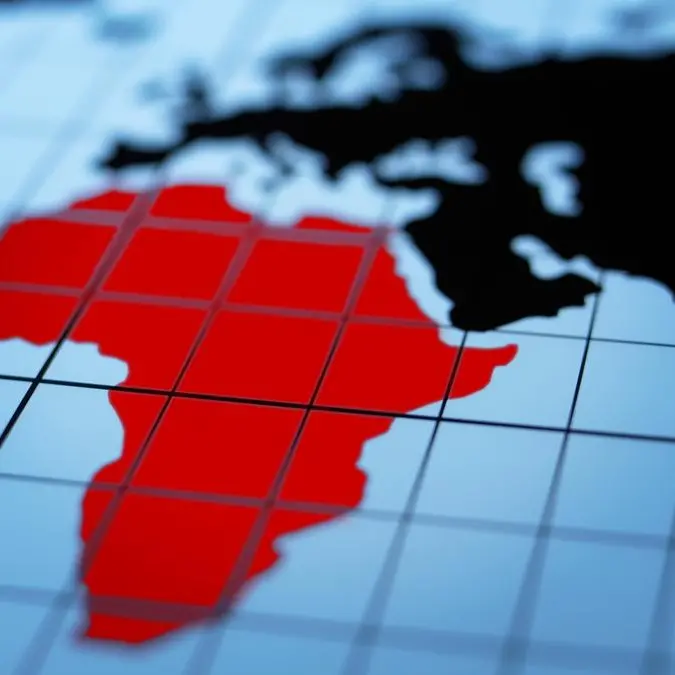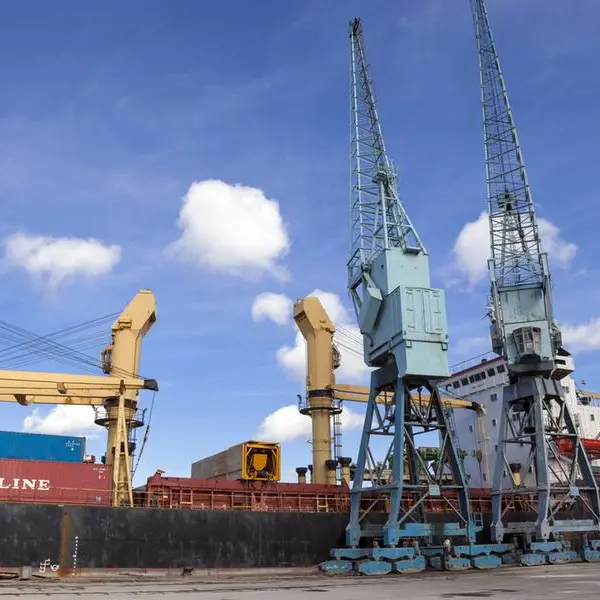PHOTO
Sharm el Sheikh, Egypt: West African nations vowed Monday to protect 30 percent of their land and seas by 2030, a cornerstone pledge of high-stakes biodiversity talks in Canada next month.
Monday's announcement was made at UN climate talks in Egypt's Red Sea resort of Sharm el-Sheikh, where dozens of world leaders are facing calls to urgently beat back carbon emissions.
Follow-up talks on biodiversity in December in Montreal -- dubbed COP15 -- will urge governments to better protect nature, with a broad aim to agree on a new, more ambitious 2030 framework.
A key part that blueprint is a global commitment to set aside at least 30 percent of both land and territorial waters as protected zones by the end of the decade, in order to rescue Earth's animals and plants from human destruction.
On Monday, a top Nigerian official said the 15 countries from the Economic Community of West African States (ECOWAS) would join the pledge.
"The African continent is more vulnerable to climate change," said Hassan Musa, special assistant on environment and climate change to Nigerian President Muhammadu Buhari.
"I'm proud to inform you all that the ECOWAS countries have reached a consensus to support the ambitious target of protecting 30 percent of our lands and oceans by 2030."
Africa's booming population and rapid urbanisation rate make it particularly vulnerable to biodiversity loss which, as in the rest of the world, is largely driven by human activity, according to the IPBES science advisory panel for biodiversity.
- 'Low end of what we need' -
There is no official tally of how many countries have committed to the 30 by 30 pledge, though the High Ambition Coalition group led by the European Union says over 100 countries formally support the target.
There are also no mechanisms in place to ensure countries are implementing the goal, and no legal obligations to follow through on promises.
But some are pushing for more firm commitments to be enshrined in the new biodiversity framework to be discussed in Montreal.
Some countries, including Costa Rica and Colombia, have said they have already achieved the goal of protecting 30 percent of oceans and land.
Some experts argue that up to 50 percent of nature should be protected, saying 30 percent is the bare minimum.
The US Special Envoy for Biodiversity and Water Resources, Monica Medina, on Monday urged countries to go beyond the 30 percent target at COP15.
"Thirty percent is on the low end of what we need," she said.
The COP15 meeting will gather the 196 signatories of the UN Convention on Biological Diversity (CBD), which does not include the United States.
© Agence France-Presse





















